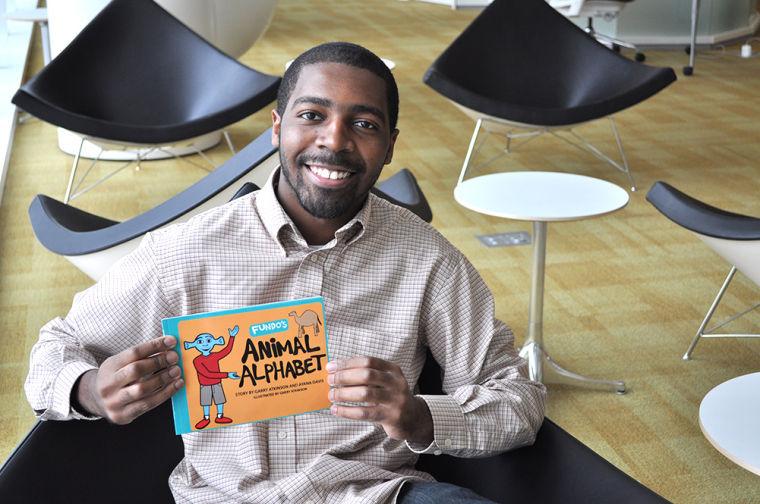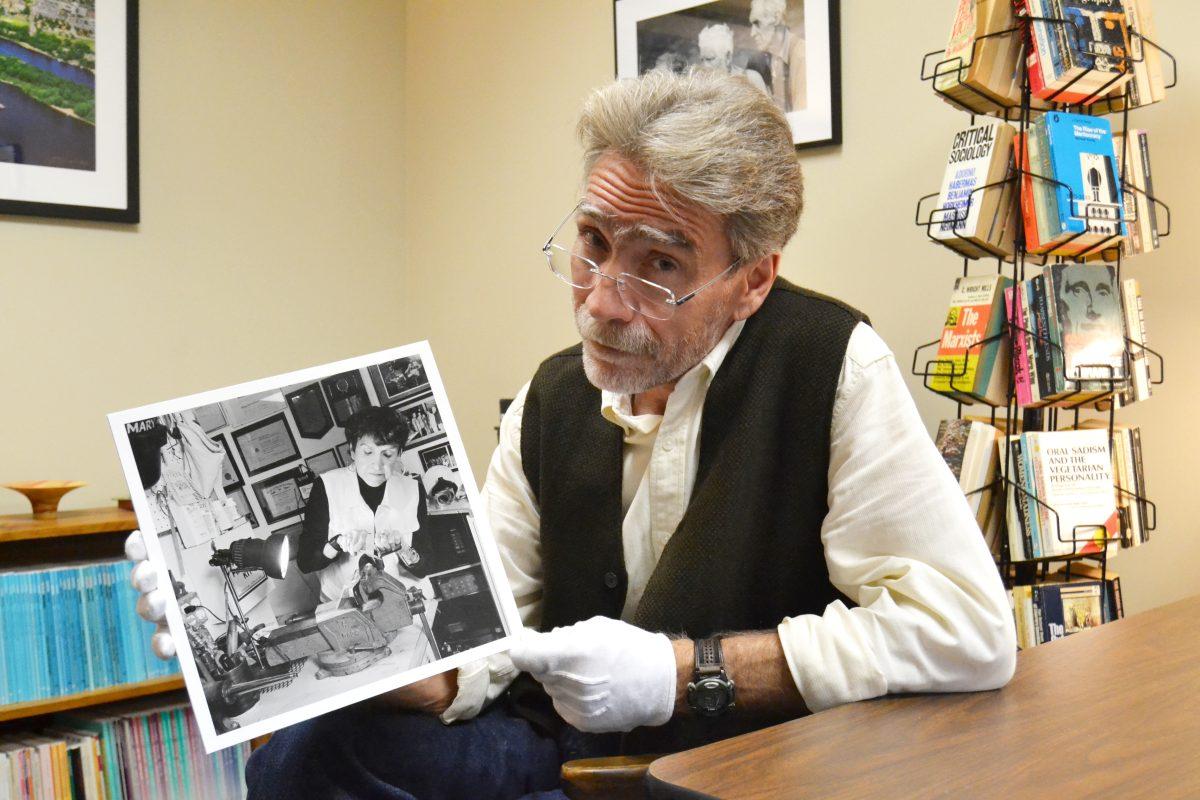It’s an unspoken rule on campus: Don’t make eye contact with the Greenpeace representatives. They just want your money.
These representatives — technically called the “Frontline” — are known to employ somewhat confrontational tactics to get the attention of passing students. This echoes the reputation of the Greenpeace organization in general for using radical means to correct corporate grievances against the environment.
It has also earned the representatives more than one clever response by passersby.
“I had a friend tell me one time that a Greenpeace rep asked him if he liked polar bears,” Tina Scribner, a PhD student in statistics, said. “He shouted back, ‘Only when they’re cooked.’”
However, past the in-your-face fundraisers that line Hillsborough Street is an organization that is staunchly committed to fixing the environment. Caroline Hansley, a junior in Interdisciplinary Studies and a member of the Fossil Free group on campus, said everything Greenpeace does starts with the mindset of saving the planet.
“Greenpeace has incredible power,” Hansley said. “By being a member, citizens get to join an extremely active network of more than three million people globally that want to make our world a better place.”
While in San Diego, Hansley found an ad on Craigslist asking if she cared about the environment. She responded, interviewed and took to the streets as a fundraiser for Greenpeace.
“I had no idea what I was doing, but I turned out to be pretty good at it,” Hansley said. “One time I had an 80-year-old man sign up for $100 a month because he loved my enthusiasm.”
Yet the Frontline representatives are obviously not on campus to target 80-year-olds.
“We love college students,” one Frontline representative, speaking on the condition of anonymity, said. This representative explained that the problems Greenpeace is trying to solve will directly affect college students in the future.
The representative also explained that students aren’t the only ones that feel uncomfortable during the “do-you-like-polar-bears” exchanges, admitting that standing on Hillsborough Street feels “kind of awkward.” However, they plan to move their efforts to the Brickyard, thanks to cooperation from N.C. State. These fundraisers are not going anywhere soon.
“N.C. State loves us and gives us lots of permits,” the representative said.
Perhaps this is because of Greenpeace’s efforts to positively affect the future well-being of students.
“What’s important to understand about Greenpeace fundraising representatives is that they live here too,” Hansley said. “They give back to Raleigh and North Carolina and aren’t just trying to exploit young college students.”
In December, thanks to Greenpeace’s efforts, the jean company Levi’s committed to eliminate all releases of hazardous chemicals throughout its supply chain and products by 2020.
“I bet our design students didn’t know Greenpeace International was working to make their industry safer,” Hansley said.
Of course, not everyone agrees with the idea of fundraising. Cassia Lewis, a junior in fashion and textile management, said she opposes Greenpeace’s tactics.
“I don’t think charities should ask for a handout,” Lewis said. “I think that people should donate to charities out of their own will and not because there are a bunch of people standing on the street asking for money.”
Lewis would gladly pay to attend a sustainability-themed fashion show because that would do more than just raise money, such as showcasing local designers and encouraging students to use eco-friendly materials. If Greenpeace were to organize a campaign to add more recycling bins to campus, then she would be more likely to listen to their representatives.
“I just don’t think they should only ask for money,” Lewis said.
Hansley and the anonymous representative said Greenpeace is an independent organization that relies on grassroots fundraising to effect the change that it does. Because the organization is not funded by the government or corporations, it can set its own agenda. Hansley implored students to look at the bigger picture.
“2012 was the hottest year ever recorded,” Hansley said. “We can’t keep going on as business as usual. We need Greenpeace Frontline representatives in our face now more than ever, ever reminding us that things are not going to get better unless we do something and act.”
Hansley encourages students to attend the next Fossil Free meeting – at 7 p.m. Wednesday in Park Shops 215 – to find out more about how Greenpeace supports a student-run campaign on campus. The campaign, launched this semester, aims to reduce the UNC System’s dependence on fossil fuels and achieve 100 percent renewable energy.
Hansley agrees that there will always be people that consider Greenpeace’s representatives hippies, but she is not out to win the favor of everyone.
“Some people, including my family, think I’m too radical and that Greenpeace is too,” Hansley said. “Yet, a great friend just shared with me this inspirational quote: ‘To be truly radical is to make hope possible rather than despair believable.’ The fight goes on, and we are growing stronger every day.”




